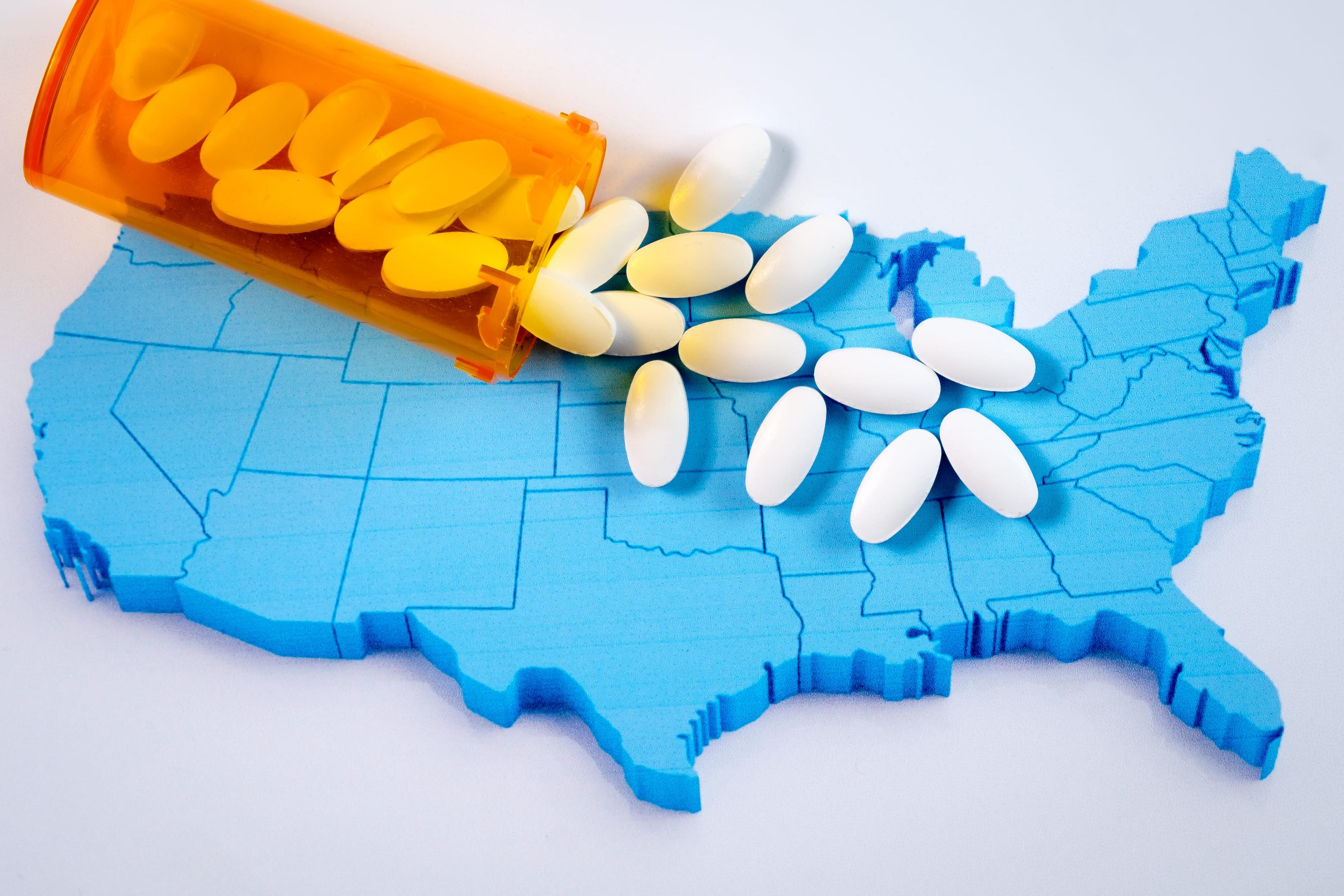Common Medications Can Make Your Skin More Sensitive to Sunlight

Blue Daily
| 3 min read

Are you enjoying the outdoors? Whether it’s a quick walk at lunch or a day full of activities, don’t forget to protect yourself from the sun – especially if you’re on an antibiotic or another common medication.
Many common medications can make your skin more sensitive to sunlight: Over-the-counter drugs like ibuprofen and prescription medications like birth control and antibiotics are on the list of medicines that can increase your skin’s photosensitivity.
Without more adequate sun protection, if you’re taking these medications you may be at a higher risk fora sunburn or a rash.
What is photosensitivity?
Photosensitivity is a negative reaction of the skin to ultraviolet (UV) rays, according to the Cleveland Clinic. There are two types of photosensitivity to be aware of:
- Phototoxicity, which is the most common, is an irritation of the skin and can occur within a few hours of sun exposure; though it may take 24 hours. This can look like a sunburn.
- Photoallergy is an allergic reaction of the skin, even in areas that weren’t exposed to the sun, and may not occur until several days after sun exposure. This can look like a rash.
Both types of photosensitivity occur after exposure to UV light – either natural sunlight or artificial light, such as a tanning booth.
Which medications cause sun sensitivity?
Many common medications are known to make the skin more sensitive to the sun. Here are some of the main types of medications:
- Antibiotics (ciprofloxacin, doxycycline, levofloxacin, ofloxacin, tetracycline, trimethoprim)
- Nonsteroidal anti-inflammatory drugs (ibuprofen, naproxen, celecoxib, piroxicam, ketoprofen)
- Diabetes medications (glipizide, glyburide)
- Oral contraceptives and estrogens
- Diuretics (thiazide diuretics: hydrochlorothiazide, chlorthalidone, chlorothiazide.; other diuretics: furosemide and triamterene)
- Tricyclic antidepressants, such as amitriptyline and nortriptyline
- Cholesterol-lowering drugs (simvastatin, atorvastatin, lovastatin and pravastatin)
The U.S. Food and Drug Administration has a comprehensive list of drugs that can cause sun sensitivity online. Not everyone who takes these medications will have a reaction.
Talk to your primary care provider (PCP) or pharmacist about any medications you may take, and whether you may be at risk for photosensitivity. They can help you understand how to be outdoors safely while protecting your skin.
How do I protect myself from the sun?
Keeping your skin protected from the sun’s rays is important. For individuals who may be more sensitive to the sun, taking extra precautions may be important. Talk to your PCP to see if these tips are right for you.
Here are tips to protect yourself from the sun:
- Stay in the shade when outdoors.
- Be mindful of the time: the sun peaks in intensity during midday, from 10 a.m. to 2 p.m.
- Prepare for your activity: the sun’s rays can be stronger when they are reflecting off of water, sand and snow.
- Cover up the skin with lightweight, long-sleeved shirts and pants, especially ultraviolet protection factor gear. Use sunglasses and hats as well.
- Use a broad-spectrum sunscreen that protects against UVA and UVB radiation with a SPF of 30 or higher.
Photo credit: Getty Images
Related:





